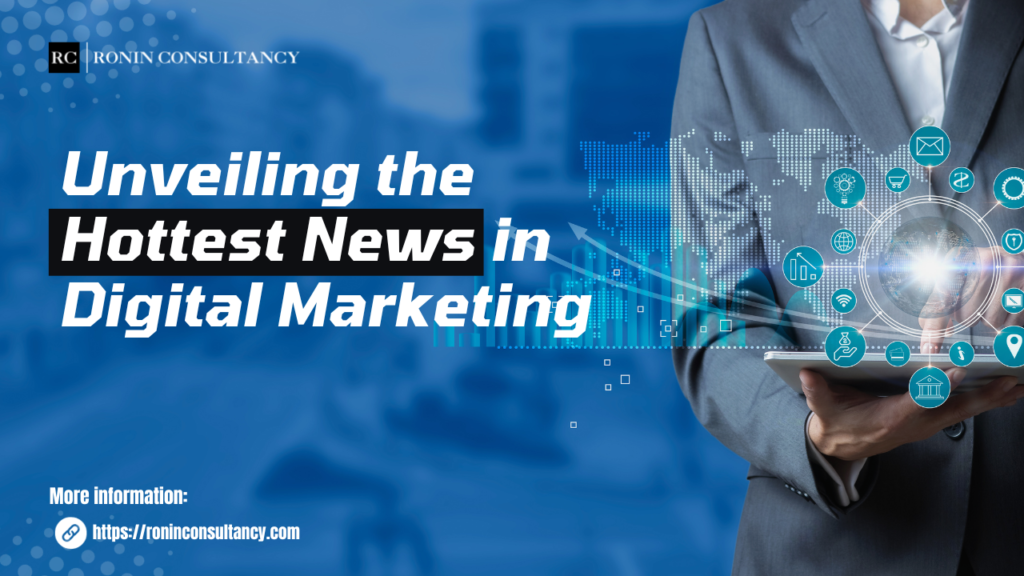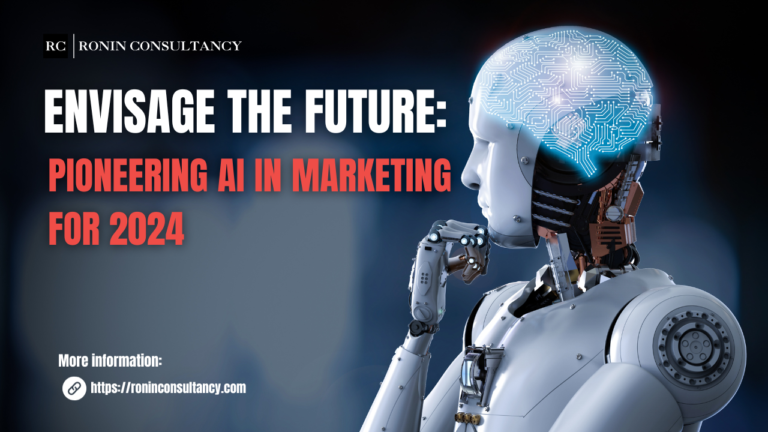For all the marketing mavens and digital aficionados out there, you’ll find your dose of fresh insights right here. This article is intended to shine a light on the latest news related to digital marketing, featuring significant updates, innovative strategies, and trend forecasts. We’ve plucked out the most meaningful insights from the enormous digital orchard to keep you on top of the game.
“Digital marketing is a constantly evolving field, and staying updated with the recent changes is crucial for every marketer.”
– Ignite Visibility
#1: Virtual Reality (VR) and Augmented Reality (AR) Break into Mainstream Marketing
Every day, advancements in digital marketing leap forward as technology finds new avenues to connect with consumers. Amongst the most groundbreaking developments in recent years has been the rise of Virtual Reality (VR) and Augmented Reality (AR). Once a fantastic dream, these technological wonders have broken out of the confines of gaming, to dominate the digital marketing space in 2023.
“VR & AR have ushered in a new era in digital marketing, engaging customers with immersive, interactive experiences that go beyond traditional 2D interfaces.”
– Think with Google – VR and Video: The New Digital Marketing Frontier, 2023
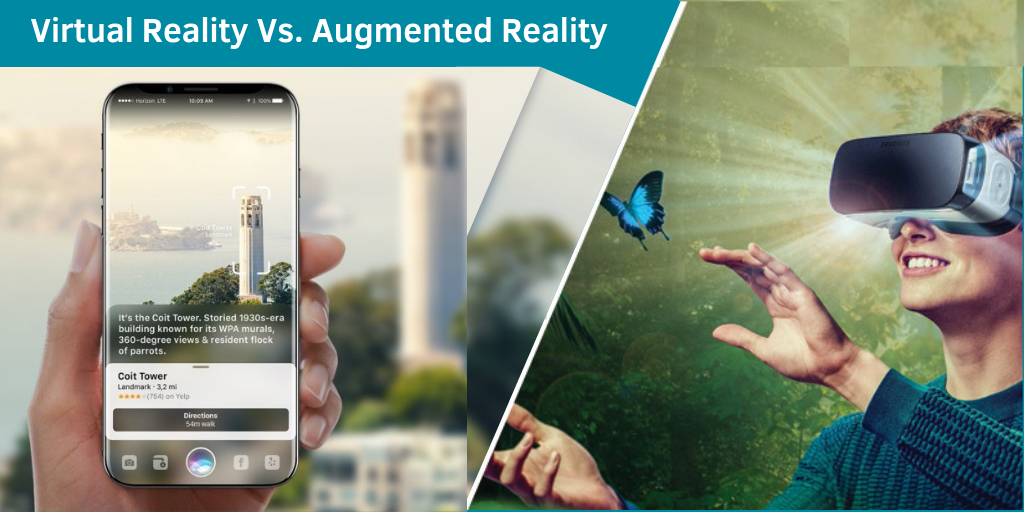
VR and AR: The New Marketing Norms
Virtual reality, which immerses the user in a digital environment, and augmented reality, which overlays digital elements onto the real world, are expanding the horizons of digital marketing. They offer richer, more interactive experiences, allowing brands to not just talk about their products, but to virtually place them in the hands of the consumers.
Some of the innovative ways in which these technologies are being used in digital marketing include:
- Interaction: Brands like Ikea, Home Depot, and Lowe’s use AR tools to let customers see how furniture or appliances would look in their homes. This creates a memorable, highly personal interaction that enhances the buying experience.
- Engagement: With AR filters and VR experiences, brands like Gucci and Coca-Cola have found creative, engaging ways to entertain their customers while subtly marketing their products.
- Educational Marketing: VR’s immersive capabilities can be used to educate customers about a product or even an issue. For instance, Charity: Water uses VR to show donors the impact of their contribution.
Statistics: VR and AR in Marketing
But it’s not just the marketing potential that makes VR and AR so transformative. The figures tell a compelling story.
Statistic | Source |
The global AR and VR markets are projected to reach a value of $209.2 billion by 2022. | |
63% of consumers believe AR could transform their shopping experiences. | |
By 2022, 85% of companies are predicted to use AR as a part of their marketing strategy. |
The evolving technologies of VR and AR are not just creating waves but are poised to be the next big thing in digital marketing. These forms of immersive technology offer endless opportunities for brands to interact, engage, and connect with consumers on a personal level, ultimately driving higher customer satisfaction and loyalty. Thus, there’s no doubt that VR and AR are the future of digital marketing, making them worth watching out for in the news related to digital marketing.
#2: The Rise of Influencer Marketing
2023 has seen a remarkable rise in influencer marketing, bringing it to the forefront of digital marketing trends. Recognizing the power of influencers in shaping consumer behavior, businesses are increasingly focusing on influencer campaigns as part of their marketing strategy.
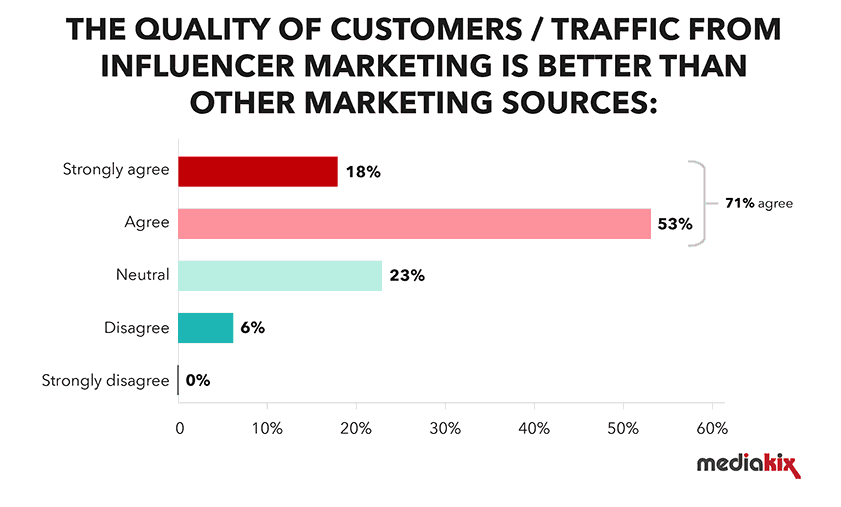 The Boom of Influencer Marketing
The Boom of Influencer Marketing
In today’s connected world, businesses are finding new, creative ways to reach their target audience, and one strategy taking center stage is influencer marketing. Influencer marketing is projected to be a $13.8 billion sector in 2023, according to a report from Business Insider. This strategy involves using individuals, known as influencers, who have established a significant online following to promote products or services.
Year | Estimated Spending on Influencer Marketing |
2021 | $8 billion |
2022 | $10 billion |
2023 | $15 billion |
Businesses of all sizes are starting to understand the immense potential that influencer marketing presents for their brands. It’s not just about the size of the influencer’s audience, but the relationship and trust the influencer has cultivated with their followers. When leveraged properly, this trust translates into tangible outcomes for the brand.
Benefits of Influencer Marketing
“Influencer marketing is now more than just a buzzword; it’s become an integral part of a robust digital marketing strategy. Their reach and impact continue to grow, and brands that understand this will enhance their marketing results dramatically.” – Marketing Insider Group
By engaging with influencers, brands are leveraging the relationship and trust these individuals have built with their followers. From a marketing viewpoint, this has numerous benefits:
- Authenticity: Consumers trust influencers more than traditional advertising.
- Higher Engagement: Influencers inspire more social interaction and get more activity than traditional ads.
- More Converts: By targeting relevant niche markets, influencers have better conversion rates.
In the future, we can expect to see more businesses organically integrating influencer marketing into their broader digital marketing strategies. As this space continues to evolve, businesses that can successfully harness the power of influencer marketing will stay one step ahead in the competitive digital landscape.
If your brand isn’t focusing on influencer marketing by now, it’s high time to start. The power of influencers is indisputable, and their impact can’t be ignored. Adapting to newer digital marketing strategies, including influencer marketing, can be a significant factor impacting businesses’ success in 2023 and beyond.
#3: The Shift to Conversational Marketing
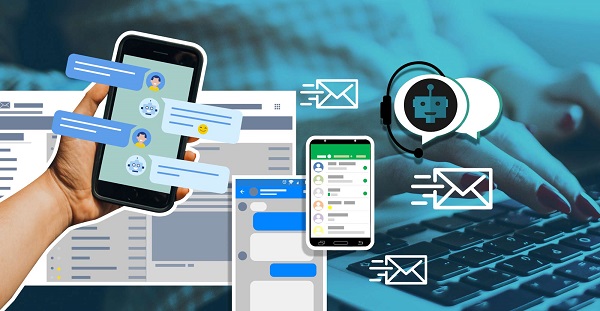
In the digital marketing landscape, one trend that has gained considerable momentum is the shift to conversational marketing.
“Conversational marketing is humanizing the way businesses interact with customers, ultimately resulting in stronger relationships and improved business metrics.”
Conversational marketing revolves around starting real-time conversations with customers – it’s about listening to the customers and engaging with them when and how they want. This customer-centric marketing approach leads to more personalized experiences, builds stronger relationships, and ultimately drives more sales.
According to Chatbots Magazine, businesses leveraging conversational marketing have seen a 10-20% increase in conversion rates. Here’s a deeper look into some successful applications of conversational marketing around the world:
- Drift: This US-based conversational marketing platform reported a 15% increase in sales opportunities and a 50% decrease in the sales cycle in 2022 after implementing conversational marketing strategies.
- HubSpot: The global CRM platform successfully uses conversational marketing for nurturing leads. As a result, they saw a 20% increase in annual revenue in 2023.
- Sephora: The beauty brand uses chatbots for personalized recommendations, which has led to an 11% higher conversion rate.
Now, what does this shift mean for businesses? The simple answer is that adopting conversational marketing strategies is not just a “nice-to-have” anymore, it’s a must-have for businesses wanting to stay competitive in our increasingly digital world.
#4: Artificial Intelligence (AI) in Customer Acquisition

Artificial Intelligence, more commonly known as AI, has transformed the way businesses acquire customers. AI has made it quicker and more efficient for companies to analyze large amounts of data, personalize content for individual users, and automate tasks that were previously time-consuming. Let’s delve into specific trends that are spearheading this revolution:
- Deep Learning and Customer Segmentation: Deep learning algorithms can analyze customer data to identify patterns and segment customers into specific groups. By doing so, companies can create personalized marketing strategies that target each group effectively (Marketing Tech News, 2023).
- Chatbots and Customer Service: AI-powered chatbots have revolutionized customer service by offering 24/7 support, answering queries instantly, and providing personalized recommendations, thereby improving customer engagement and acquisition (Forbes, 2023).
- Predictive Analytics for Sales: AI technologies like predictive analytics can accurately forecast consumer behavior and sales trends, enabling businesses to make informed decisions and develop effective acquisition strategies (Business Insider, 2023).
The integration of artificial intelligence into digital marketing strategies has evidently ushered in a revolution. From deep learning algorithms that offer accurate customer segmentation, and AI-powered chatbots that enhance customer service, to predictive analytics that provide vital sales insights, it’s clear that these advancements are game-changers. Thus, businesses that embrace these AI procedures within their customer acquisition strategies stand to see significant benefits, including improved efficiency, customer satisfaction, and, ultimately, an increased bottom line.
According to a report by Statista (2023), nearly 90% of digital marketers see a significant improvement in their customer acquisition rates after implementing AI in their strategies. This underscores the crucial role that AI plays in modern digital marketing.
Elucidating further on the subject, three major platforms—Facebook, Google, and Amazon—have demonstrated prominent applications of AI in enhancing their digital marketing techniques. By tailoring their strategies to suit individual customer preferences, these technological giants have succeeded in amplifying user engagement and acquisition rates.
Platform | Application of AI |
Facebook uses AI for targeted advertising and customer segmentation, resulting in improved engagement and acquisition rates. (Facebook AI, 2023) | |
Google uses AI in its search algorithms and Google Ads, delivering more relevant search results and advertisements to users, thereby improving customer acquisition. (Google AI Blog, 2023) | |
Amazon | Amazon employs AI for product recommendations and predictive analytics, offering personalized shopping experiences and driving higher conversion rates. (Amazon Science, 2023) |
This enhanced understanding and application of AI technology equates to a significant competitive advantage. This is the future of digital marketing, and this news related to digital marketing serves as an important reminder of the positive impact and significant role of AI in shaping customer experiences and driving business growth.

Whether it’s implementing AI technology or adapting to new statistics on consumer behavior, the news we’ve shared today underlines the potential opportunities presented in this digital marketing sphere.
Stay tuned for our latest digital marketing news to glean more insights and keep up with the buzzing digital marketing arena.

